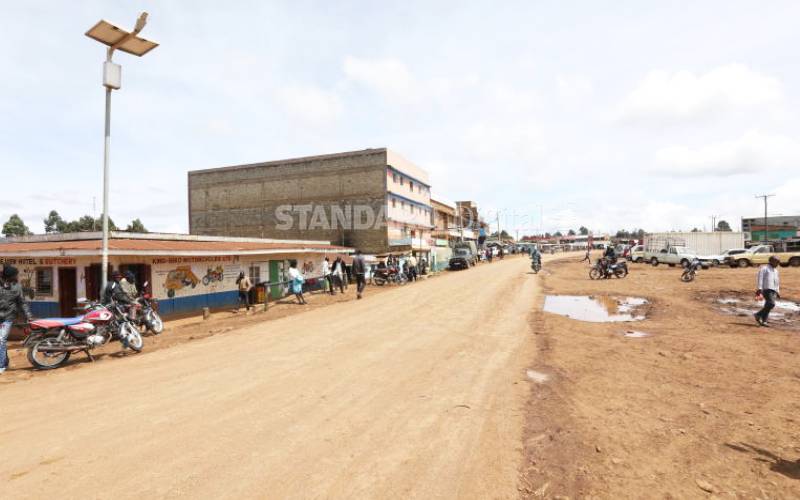×
The Standard e-Paper
Join Thousands Daily

Flax town. It came to a standstill after the closure of Kenya Fluorspar Company. [Kevin Tunoi, Standard]
At the floor of the scenic Kerio Escarpment in Elgeyo Marakwet County lies a desolate town.